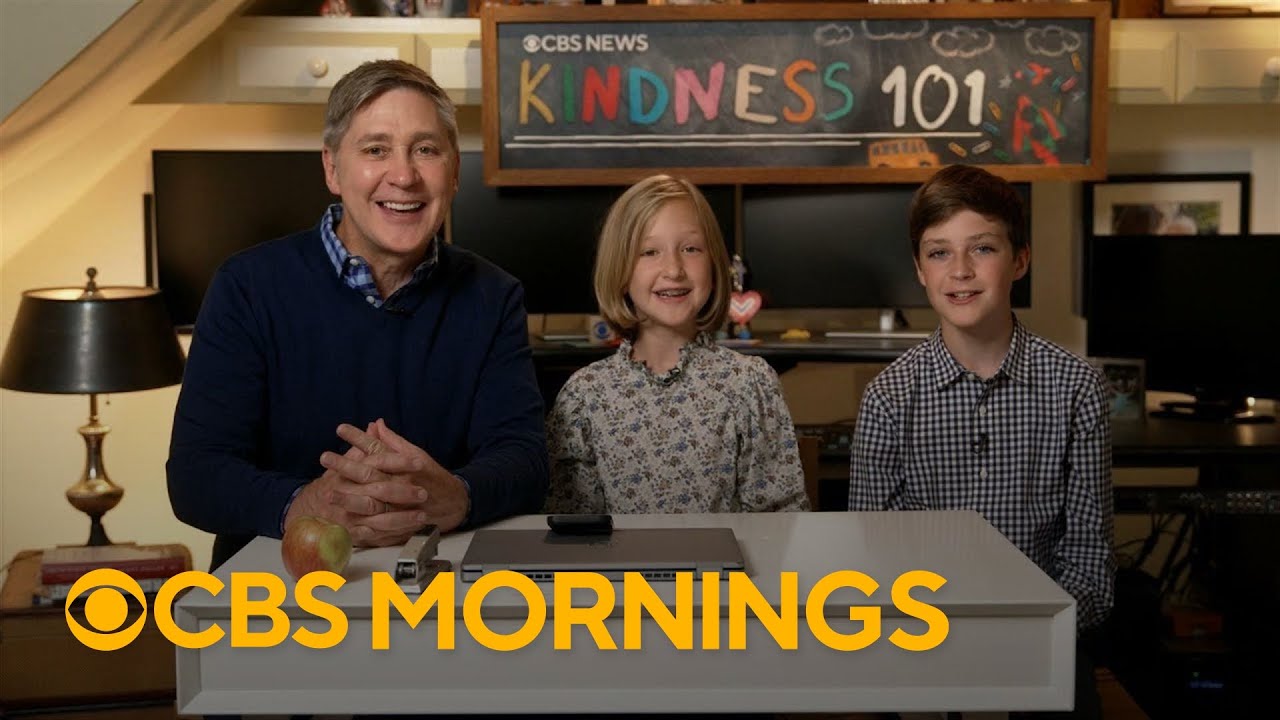-

Truth Telling Tips
In an informative blog online at Quirks.com, Market Researcher Maxwell Wang lays out the 4 basics of a good interview. I don’t want to spoil…
-

Spotlight on Good News
There’s a concerted effort among news organizations today to leave the audience on a high note. Popular series include Steve Hartman’s Kindness 101. The Uplift…
-

The Joy of Olive and Mabel
Covid 19 hit the US with a punch in the Spring of 2020 and affected folks from all walks of life. If you were a…